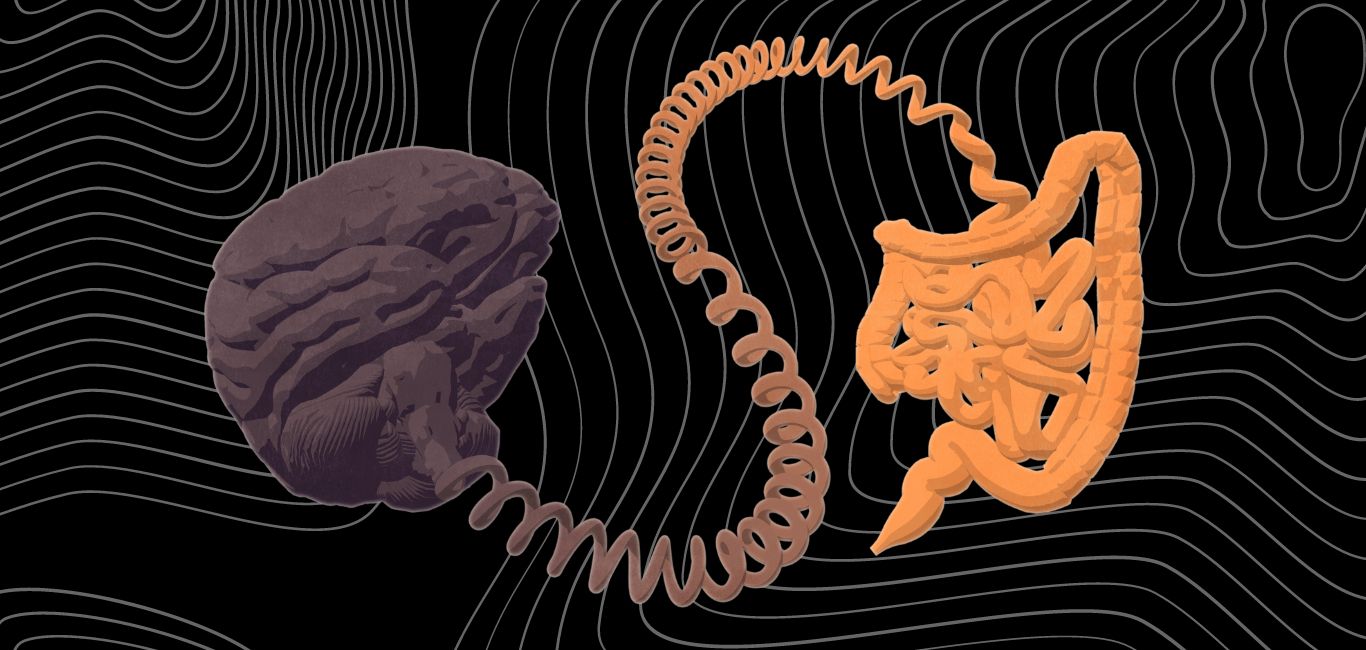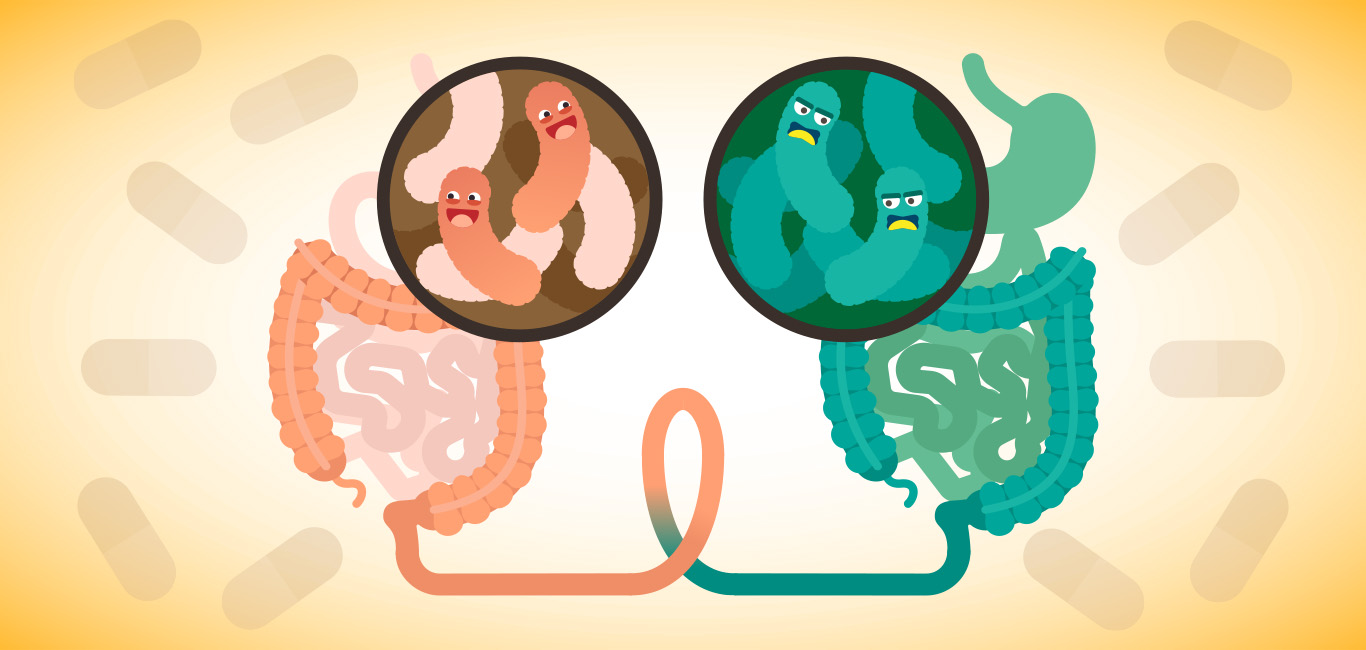
Day by day, it seems like the human gut microbiome is found to play a part in nearly every aspect of our health, from our mood to our exercise habits and even our chances of contracting neurological disorders.
But with the abundance of research opportunities comes another problem — the study of the gut is often too early to draw conclusions. Identifying a causal link between bacterial compositions and complex health conditions requires more than just confirming that the two can exist at once.
Significantly, a new study published in Nature Neuroscience has posited the most detailed link between the gut microbiome and autism spectrum disorder (ASD). With 43 authors, the study brought together experts in computational biology, engineering, medicine, autism, and the gut microbiome to perform a multi-omics analysis of the gut link with the neurological condition.
The results? “Before this, we had smoke indicating the microbiome was involved in autism, and now we have fire,” said Rob Knight, study co-author and director of the Center for Microbiome Innovation at the University of California San Diego, in a statement.
Significantly, the research method could be used to validate or dig deeper into the findings regarding other gut links. “We can apply this approach to many other areas, from depression to Parkinson’s to cancer, where we think the microbiome plays a role, but where we don’t yet know exactly what the role is,” Knight adds.
The findings
In scientific research, you will often find a host of independent studies on a topic, and one meta-study linking them all. The latter is a great example of statistical methods — which can allow the whole to be greater than the sum of the parts.
One challenge with having a host of diverse studies or data points is figuring a way to rank them. A statistical sorting technique, Bayesian differential ranking, is one solution to modelling complex problems and accounting for a range of diverse factors. (Interestingly, Bayesian methods are also being considered to predict the outcomes of sports games — arguably equally complex and probabilistic).
The researchers used this Bayesian ranking to identify studies about ASD across 10 cross-sectional microbiome datasets in addition to 15 other datasets including diet, molecular studies, cytokine profiles (markers of inflammation levels or immune response), and human brain gene expression profiles. If there is a dietary link, a cellular link, an immune system link or a genetic link with autism, the researchers factored it in and looked for a gut microbial link with all of them.
“We were able to harmonise seemingly disparate data from different studies and find a common language with which to unite them. With this, we were able to identify a microbial signature that distinguishes autistic from neurotypical individuals across many studies,” says Jamie Morton, one of the study’s corresponding authors.
Also read: Shedding light on the gut-brain connection
The study confirmed a “functional architecture” (i.e. a pattern) along the gut-brain axis (GBA) that was correlated with the range of ASD phenotypes. This pattern was made up of ASD-associated amino acids, carbohydrate and lipid profiles that are predominantly produced by microbial species from the Prevotella, Bifidobacterium, desulfovibrio and bacteroides genera. This was also linked with changes in brain gene expressions, restrictive dietary patterns (common among those with ASD) and increased levels of inflammation markers called cytokines.
Interestingly, the study also found this link was absent in siblings of those who had ASD — suggesting that the finding was unique to those with ASD and not necessarily a result of genetics. Changes to the gut over time were also linked with the symptoms and characteristics of ASD.
More diversity needed — and not just in our guts
The science of combining many sciences, multi-omics, is increasingly being seen as a promising route to understanding the human body. While multi-omics is beginning to take off in the study of cancer, its application in gut microbiome could prove significant, given the wide range of gut links with everyday health.
Tellingly, most studies on gut microbial diversity make use of faecal sampling. Our faeces, after all, can paint a telling picture of our overall health. But another recent study, published in Nature Metabolism, suggests faeces may tell only a “fraction of the story.” This study calls for a novel sampling approach that collects luminal content (digestive enzymes, food particles, bile, and some bacteria) from across the digestive tract — and suggests that the findings could shed more light on the workings of the gut.
With better sampling and better methods, future research will better uncover the gut-link with multiple aspects of our health. But until then, it is safe to say that keeping our guts and stomachs happy with well-balanced meals, is not a long shot towards living a healthier and happier life.

















